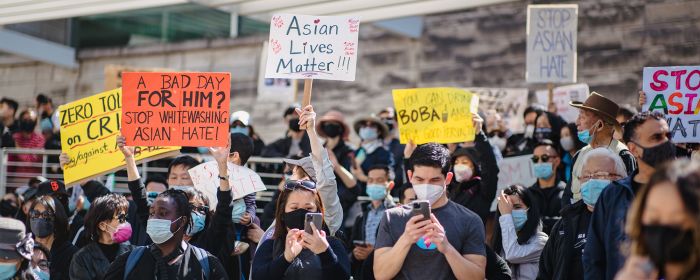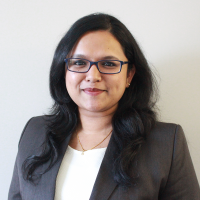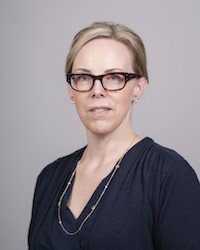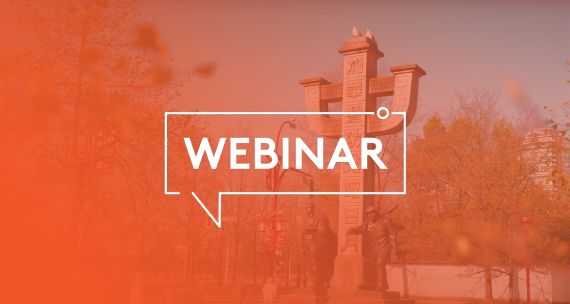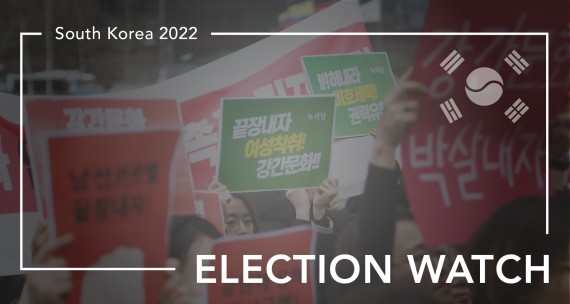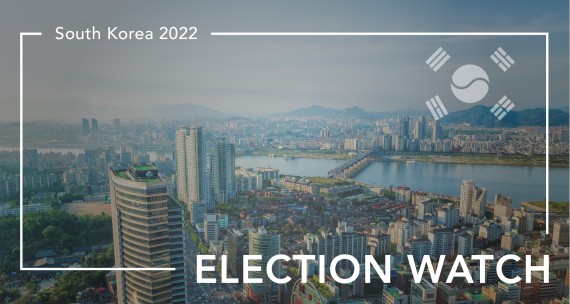In 2020, as the pandemic came knocking at Canada’s door, a parallel ‘shadow pandemic’ of hate and discrimination reared its ugly head and exposed the cracks in our seemingly multicultural mosaic. Since March 2020, Canada has recorded more than 1,150 cases of racist attacks, according to a new report. The majority of the incidents were reported by people identifying as East Asian. In Vancouver, British Columbia, according to the 2020 year-end city police report, hate crimes increased by 717 per cent over the previous year. And across Canada, there is abundant evidence of the increase in violence and hostility, particularly against Asians and Canadians of Asian descent. The question is no longer if racism exists, but rather what can we do to remedy it.
To better understand Canada’s current context and explore our future, the Asia Pacific Foundation of Canada convened 23 young adults who self-identified their ethnicity as East Asian for an in-depth conversation on Canadian society, diversity and multiculturalism, and anti-Asian racism. The focus group format allowed us to further gauge their perspectives on building an inclusive space that draws upon the participants’ experiential knowledge of growing up and/or living in Canada.
The findings and recommendations emerging from the conversations are captured in our new report, Where Do We Go From Here? East Asian Young Adults Talk About Multiculturalism and Anti-Asian Racism in Canada, and Recommendations for Building an Inclusive Future.
Key Takeaways:
- Anti-Asian hostility, bias, and discrimination are not new phenomena. Most participants reported having experienced such treatment first-hand.
- Harmful stereotypes and ‘microaggressions’ are prevalent and persistent. The impacts of such discriminatory acts are often long-term, social, and psychological, if not physical.
- The young adults identified two areas where change can effectively shape a more inclusive and tolerant space – education and mass media. For Canadians of all ages, these two sources are significant in building their perspectives.
- Finally, building an equitable and inclusive society does not mean a single event, a single month, or a single year dedicated to it, but rather should be a continuous effort that is evolving with the times and needs.
